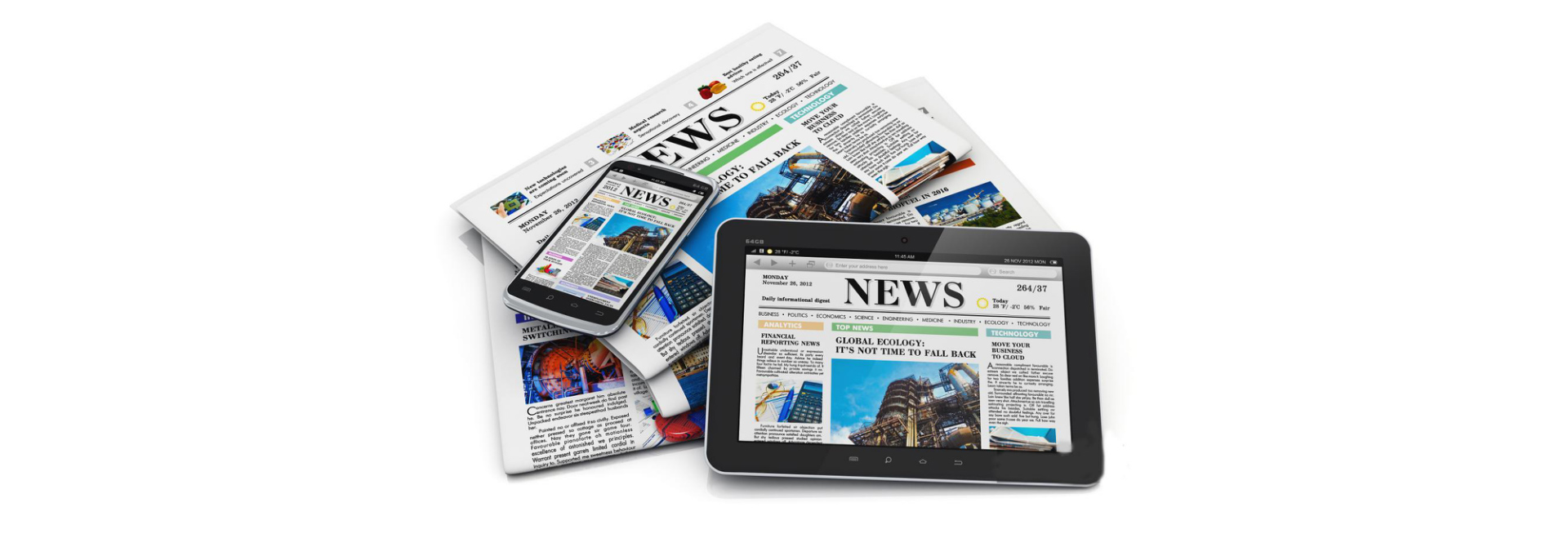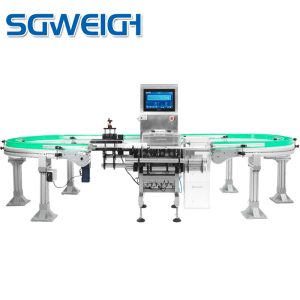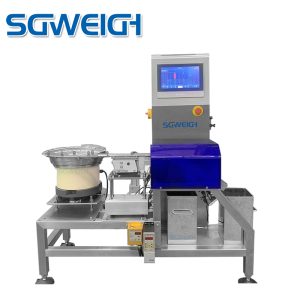Adjusting the sensitivity of a Metal Detector Machine is a crucial step in optimizing its performance for different conditions and types of objects you are trying to detect. Here are general steps to adjust the sensitivity of a typical metal detector:
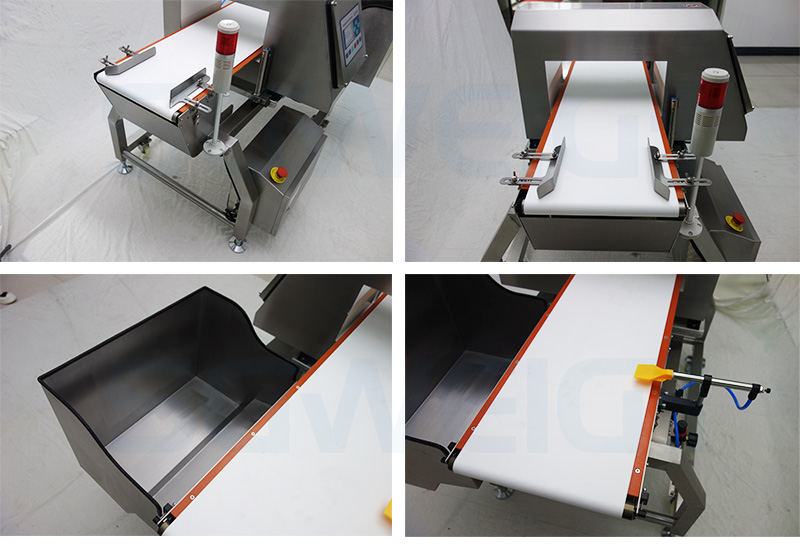
Locate the Sensitivity Control:
The sensitivity control is usually a knob or a setting on the control panel of the metal detector. It may be labeled as “Sensitivity,” “Gain,” or something similar.
Understand the Scale:
Familiarize yourself with the sensitivity scale on the metal detector. This scale is often marked numerically or with terms like “Low” to “High.”
Start with a Low Sensitivity Setting:
If you are just beginning your metal detecting session or are in an area with a lot of interference, start with a low sensitivity setting. This helps reduce the likelihood of false signals and interference.
Gradually Increase Sensitivity:
Slowly increase the sensitivity while scanning the area. Pay attention to any changes in the detector’s behavior, such as increased noise or false signals. Stop increasing sensitivity when the detector is running smoothly without excessive interference.
Test with Different Targets:
To fine-tune sensitivity, test the metal detector with different types of objects, including small and large metal items. Adjust the sensitivity to a level where the detector reliably detects the desired targets without being overly sensitive to ground minerals, electromagnetic interference, or small pieces of metal.
Consider Ground Conditions:
Sensitivity settings may need adjustment based on the mineralization of the soil. In highly mineralized ground, you might need to reduce sensitivity to maintain stability.
Be Mindful of Electronic Interference:
Electronic interference from power lines, other metal detectors, or electronic devices can affect sensitivity. If interference is an issue, consider adjusting sensitivity accordingly.
Check the Manufacturer’s Instructions:
Refer to the user manual or instructions provided by the manufacturer for specific guidance on adjusting sensitivity for your particular metal detector model.
Practice and Experiment:
Adjusting sensitivity is often a matter of practice and experimentation. Spend time in different environments and conditions to become familiar with how the sensitivity setting affects the detector’s performance.
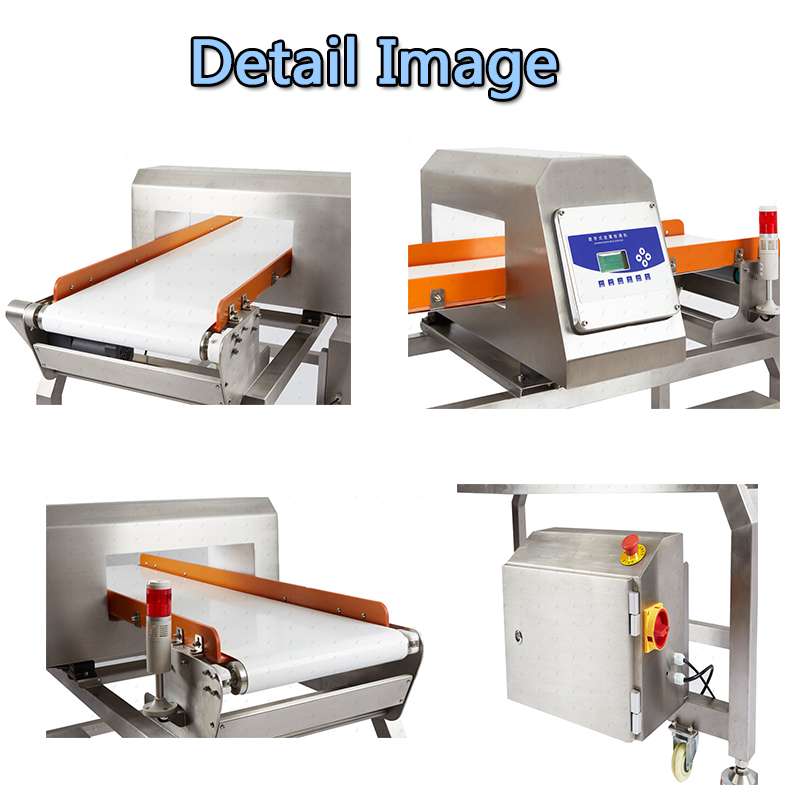
Remember that finding the optimal sensitivity setting may take some trial and error, and it’s essential to strike a balance between detecting small targets and avoiding false signals. Adjust sensitivity based on your specific needs and the conditions of the metal detecting environment.

